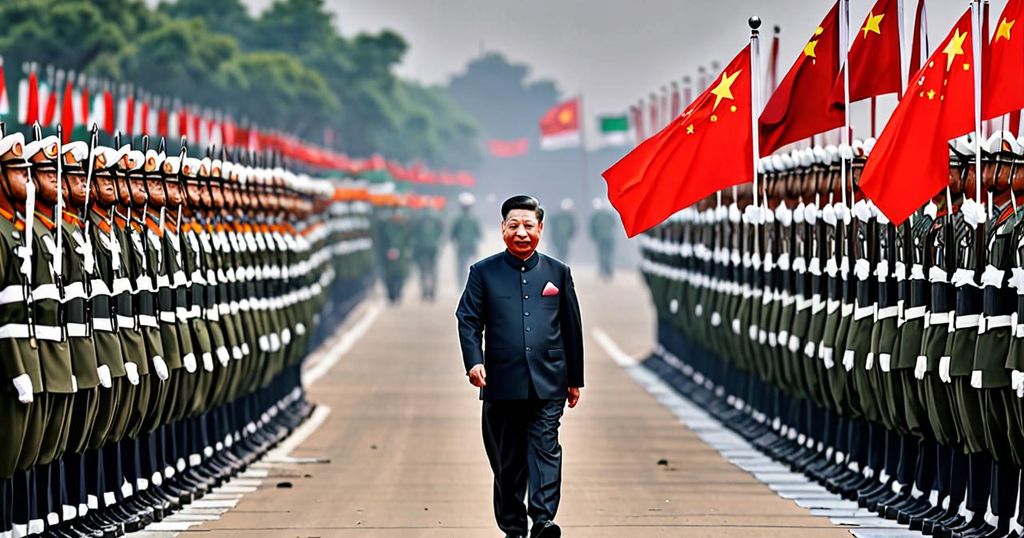China’s Mishandling of Relations with India: A US Perspective
Rush Doshi, a prominent figure in shaping the China policy of US President Joe Biden, recently provided his perspectives on the relationship between the US, India, and China. As a former member of the National Security Council and the author of The Long Game: China’s Grand Strategy to Displace American Order, Doshi offers valuable insights into the dynamics at play in the region.
When queried about the India-China border situation, Doshi emphasized the stance of the Biden Administration on the necessity for China to refrain from aggressive activities around the Line of Actual Control. He highlighted the consistent public acknowledgment by the US government of the border dispute, alongside other contentious areas such as the South and East China Seas and the Taiwan Strait. Doshi also expressed the likelihood of the US publicly supporting India in the event of another major incident, potentially involving intelligence-sharing coordination, allied cooperation, and additional defense commitments.
Doshi criticized China’s approach to its relationship with India, noting that it is in China’s interest to resolve the border dispute and foster closer ties with its neighboring country. He suggested that China’s mishandling of this relationship could be attributed to its attempt to keep India under pressure, possibly driven by concerns about Indian neutrality and its growing influence.
In the context of the US-China-India triangle, Doshi highlighted the strengthening relationship between the US and India, driven by India’s strategic choices and its alignment with the US. He underscored that the US is making a substantial investment in its partnership with India, partly due to China’s failure to treat India with the respect it deserves. Doshi also observed the worsening relations between the US and China, as well as between India and China, resulting in an unusual triangular dynamic without a clear pivot.
Turning to the US-India-Russia triangle, Doshi discussed the recent India-Russia summit and its implications. He expressed concerns about the growing Russia-China partnership potentially limiting India’s access to critical defense assistance from Russia. Doshi also commented on the evolving US perspectives on Russia, acknowledging the implications of a changing geopolitical landscape.
When asked about US-China relations, Doshi cautioned against characterizing the situation as a new Cold War. He emphasized the need for the US to compete with China while managing the competition to avoid escalation, with the ultimate goal of protecting American interests in the Indo-Pacific region.
Regarding Southeast Asian countries’ alignment with the US, Doshi highlighted their concerns about Chinese coercion and aggression, particularly in the context of the South China Sea disputes. He noted the growing unease among these countries due to China’s heavy-handed tactics.
Doshi also reflected on the evolution of his views since the publication of The Long Game, noting the increasing acceptance of his analysis of China’s grand strategy. He emphasized the ongoing debate on strategic prescriptions and highlighted his current focus on understanding how great powers compete in the contemporary geopolitical landscape.
In conclusion, Rush Doshi’s insights offer valuable perspectives on the complex dynamics between the US, India, and China, shedding light on the evolving geopolitical landscape in the region. As these dynamics continue to unfold, his analysis provides important considerations for policymakers and observers alike.
Seema Sirohi, a foreign policy columnist based in Washington, DC, conducted the interview with Rush Doshi.








Post Comment